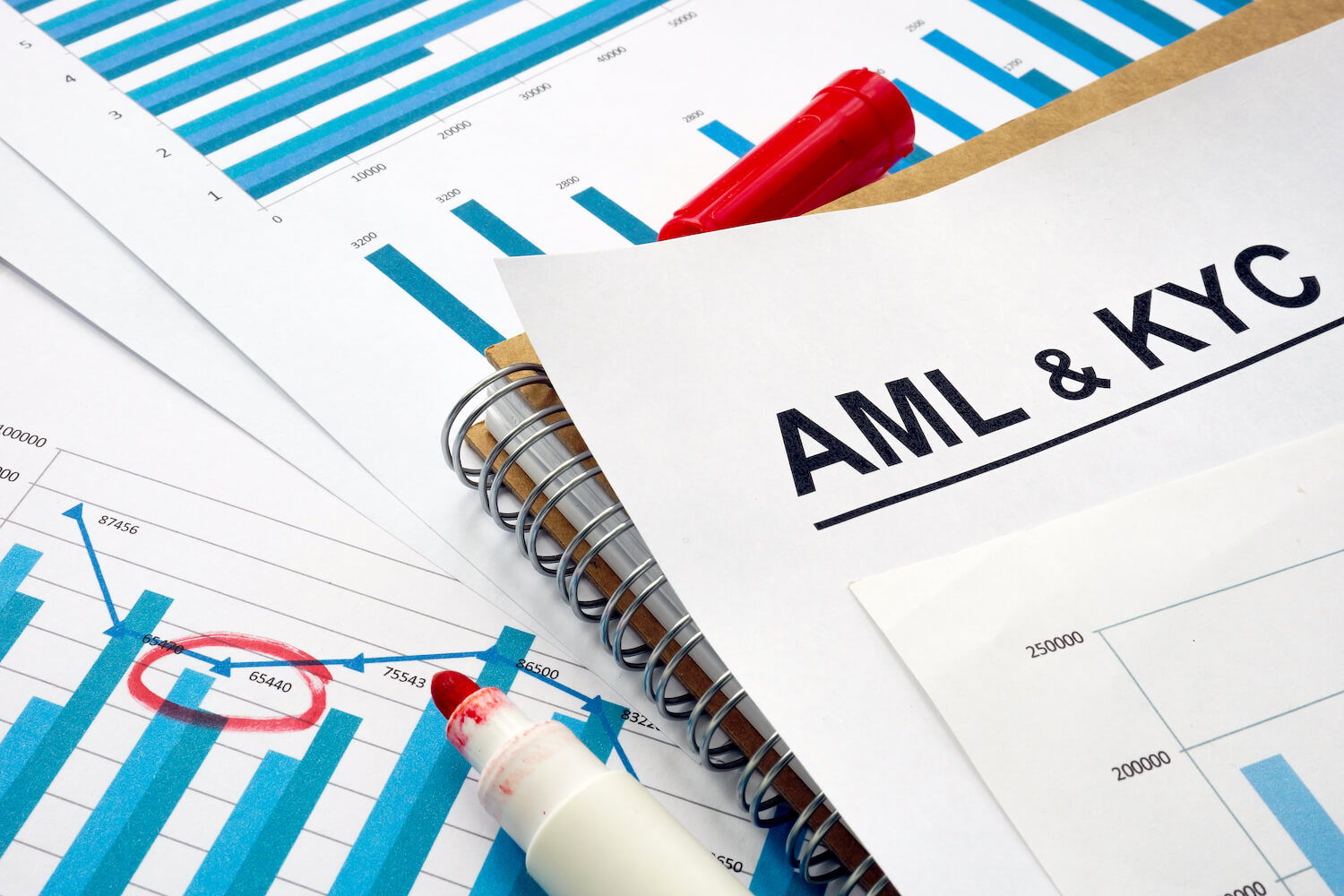Blog
2023 - The Year of Crypto Regulations
January 10, 2023
As we move from the end of one year into another many of us will focus on the coming twelve months with a view as to what we wish to accomplish. In the regulatory community it seems like the collective New Year’s resolution is to develop and enforce the regulation of crypto.

Whilst the regulation of crypto is nothing new, the spectacular failure of FTX at the tail end of last year, including the subsequent arrest of Sam Bankman-Fried, has catapulted the demand for suitable regulatory measures back into the spotlight. Though the case for regulation has always been there for crypto, and those of us that seek a safe and stable environment for crypto to thrive welcome it, this huge and very public event may be the final push required to see the necessary cross-jurisdictional focus and general backing for better measures to be put in place.
Developments, events and interviews from US-based regulators can be seen as an example of this.
Securities and Exchange Commission (SEC) Chair, Gary Gensler, has repeatedly made calls that support the development of and adherence to crypto regulation, for investors to embrace regulation and for companies to comply with existing regulations (despite others insisting his tenure has resulted in failures to properly regulate crypto). Last month he declared that the time for non-compliant crypto companies to get on board with regulations was running out, and pushed for the regulation of intermediaries to advance.
In addition, in the last months of 2022, the SEC continued to develop crypto regulation standards and take punitive measures against those who committed fraud with crypto, including:
- Proposing Regulation Best Execution that includes crypto securities tokens.
- Clamping down on misleading crypto asset offers.
- Bringing charges against those involved with the FTX scandal (and not just SBF).
- Charging other companies using crypto for fraud.
Alongside this, former SEC and Commodity Futures Trading Commission (CFTC) chairs have both collaboratively weighed in on the matter of regulating crypto, though the FInancial Times reported on how their views on the FTX collapse and its implications differ.
These developments, many driven by the fall of FTX, all serve to highlight that 2023 is set to be a year where crypto regulations arrive in force, not just in the US but in a number of key jurisdictions around the world.
Whilst the news that further regulations and increased enforcement of existing regulations will be coming may worry some, Blockpass is already set up to alleviate any costs or issues regulated businesses may find themselves in need of (including imminent Travel Rule measures required for unhosted wallets). Blockpass constantly monitors, anticipates and adjusts to compliance needs and does so in a privacy-preserving and affordable manner. Keep an eye out for upcoming news articles and PRs throughout the year to see how we enable safe, simple and effective solutions for everyones’ needs, including some measures coming very soon.
The Blockpass platform is fully automated and hosted in the cloud, with no integration or setup fee. Businesses can sign up to the KYC Connect console in a matter of minutes, test out the service, and start conducting identity documents verification, KYC and AML checks. Sign up for FREE at console.blockpass.org.